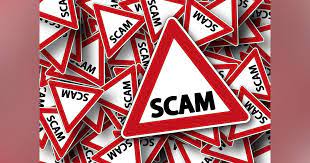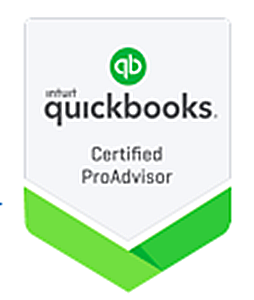IRS and state tax officials recently issued warnings about misleading posts on social media encouraging people to file bogus returns. Typically, the scammers claim that by following their instructions, taxpayers can receive a large tax refund. These claims are false and dangerous.
Some scammers urge people to use tax software to fill out a Form W-2 (Wage and Tax Statement) with false information, such as fake employers or high amounts of tax withheld. A similar scam involves completing Schedule H (Household Employment Taxes) with made-up figures related to paying household employees. In both cases, the scammers state that people can get a tax refund by electronically filing these fraudulent forms.
Alternatively, a scammer may encourage taxpayers to file Form 7202 to get a tax credit for sick or family leave. This special credit was only available in 2020 and 2021, and only for self-employed individuals. Employees could never claim it, and no one may claim it for tax year 2022.
The IRS urges all taxpayers not to believe these scam posts and messages, and to only file tax forms with true and accurate information. Filing a bogus return could trigger IRS penalties including up to a $5,000 fine, and potentially criminal charges.



